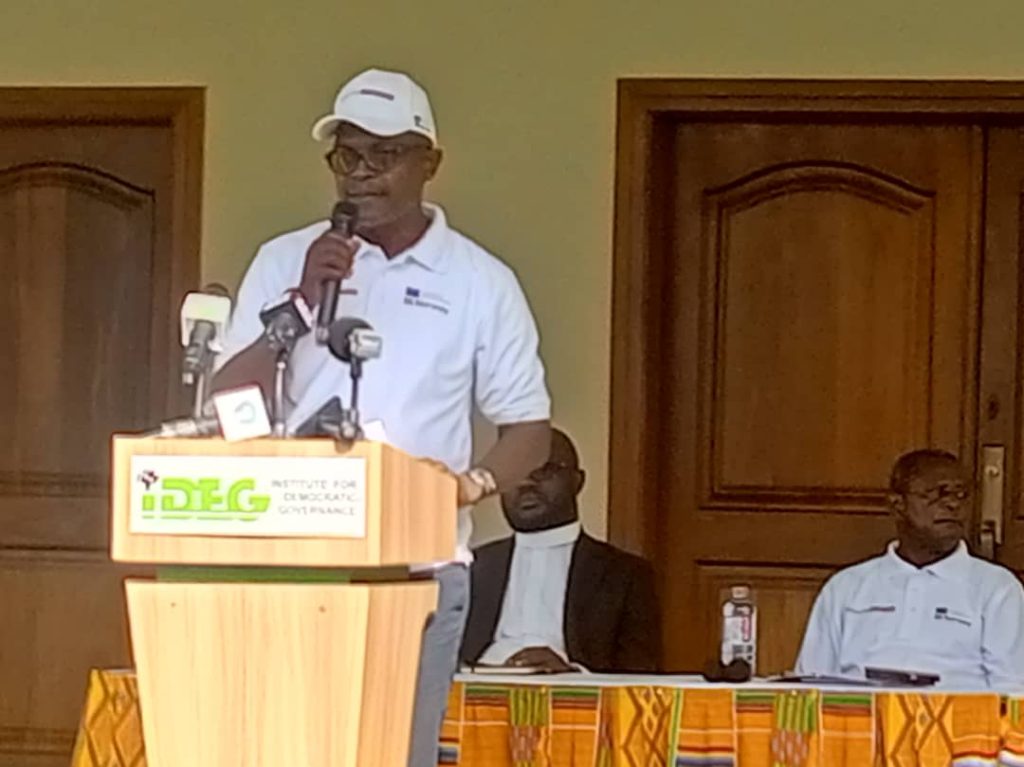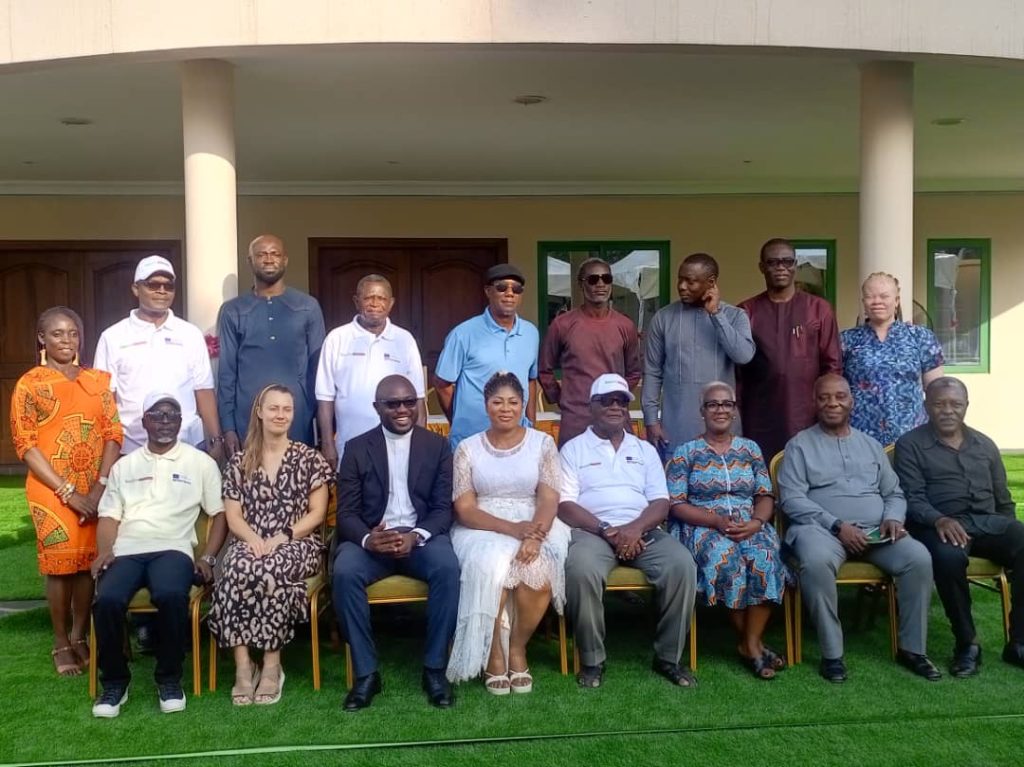By Christopher Arko
Accra, Dec.05, GNA – The Institute for Democratic Governance (IDEG) in collaboration with the Civic Forum Initiative (CFI) has launched the National Elections Situation Room to monitor the December 7 polls.
The Elections Situation Room (ESR) will serve as a hub for the collection, collation, processing of data as well as the coordination of election activities and personnel.
It will also serve as an observatory for monitoring electoral activities, coordinating observers, disseminating information to educate the public with the aim of mobilizing citizens’ participation in the management of electoral processes.

The project, which is sponsored by European Union and the Norwegian Government, will be operated on a minimum of 12 hours every day and extended to 24 hours during the election period from voting day to final declaration of results.
Rev. Dr Fred Deegbe, Co-Chair of the CFI-CODEO Advisory Board, who formally launched the platform, commended the various domestic observers for deploying personnel across the country to monitor the upcoming election.
He said the idea of having foreign observers to monitor and observe the country’s elections and write reports was important but the bigger importance were the Ghanaians who did the domestic observation.
Dr Emmanuel Akwetey, Executive Director, IDEG, expressed concern that the proliferation of situation rooms which he said presented a challenge to the integrity and acceptability of electoral outcomes and the general peace and security of the country.
He therefore called for a regulatory framework to guide the operations of situation rooms mounted by Civil Society Organisations (CSOs) and security agencies to ensure compliance to rules as well as credibility.
He also charged CSOs with situation rooms collaborate to enhance their specialised areas and differentiated competences to ensure peaceful and credible elections.

“So it is a good time now for us to see, reflect on the situation room, but also to think about its future, and how civil society organisations will come together to process what it is that would help us have peaceful and credible elections.
It means that we have to collaborate more in ways of talking to ourselves, and seeing our specialized areas and differentiated competences, ” he said.
Professor Kwesi Jonah, Head of Advocacy and Institutional Relations, said traditionally, civil society organisations had played varying roles in the electoral process through activities such as civic and voter education, observational voting.
He said those interventions had expanded to include coordinated observation of polling stations on election day, collaboration with electoral bodies to maintain credibility of elections, information sharing and monitoring of electoral issues for media organisations, engagement and coordination with security services to ensure peace and security before, during, and after elections.
He, however, expressed concern that the spread of uncoordinated civil society activities presented diverse challenges to both the integrity and acceptability of electoral outcomes and the general peace and security of the country.
GNA